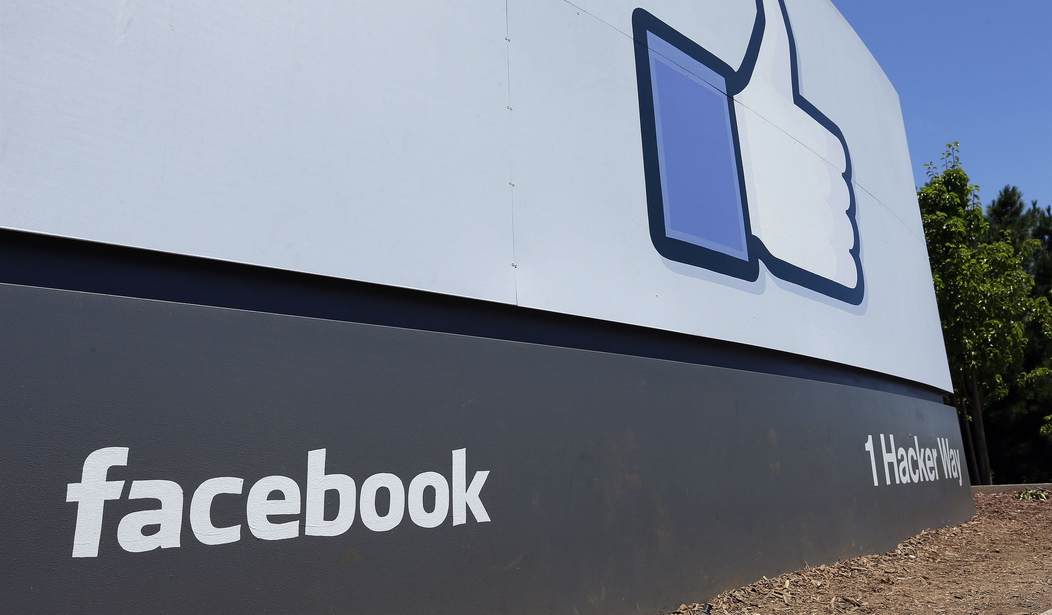One of my Twitter friends asked a question just the other day that I’ve found myself pondering regularly this year. What the heck has gone wrong in Australia? He was talking about their insane COVID lockdown rules and internment camps (yes, that’s a real thing), but the madness isn’t limited to that subject alone. The Aussies are also the folks whose government has been trying to shut down social media outlets like Facebook and Twitter unless they pony up some cash to news outlets whose content shows up on their sites. Now they’ve taken the game to the next level. The highest court in Australia ruled this week that the responsibility for “bad content” can be spread around at various levels. According to the court, newspapers and television networks that maintain Facebook pages are responsible for the comments that other users leave on their page. We’re not talking about the original network content they posted. The comment section. (Wall Street Journal, subscription required)
Australia’s highest court found that newspapers and television stations that post articles on Facebook Inc.’s platform are liable for other Facebook users’ comments on those posts, a ruling that could prompt traditional publishers to rethink how they engage with social media.
The High Court of Australia determined that media companies, by creating a public Facebook page and posting content on that page, facilitated and encouraged comments from other users on those posts. That means the media companies should be considered publishers of the comments and are therefore responsible for any defamatory content that appears in them, according to a summary of the judgment from the court.
Media companies, including News Corp Australia and Nine Entertainment Co., owner of the Sydney Morning Herald, called for legislators to change Australia’s laws to protect them from liability, saying the ruling essentially makes media companies responsible for other people’s comments even when they are unaware the comments have been posted.
This entire concept of assigning responsibility for content that appears on a site doesn’t become any more appealing when you apply a sliding scale to it. There were previous problems raised when news organizations wanted to be paid by Facebook any time links to their content showed up on people’s Facebook pages. Now the shoe is on the other foot.
This ruling holds that media outlets that maintain Facebook pages are liable if someone comes along and posts a defamatory comment in the comment section. That just sounds like an open invitation for users who don’t care for a particular news network or newspaper to begin posting offensive comments on every new entry to see if the page owner will wind up in a lawsuit.
We’re seeing related matters being debated and litigated all around the world and it’s never made any sense to me. Do you know who is responsible for content that appears on a social media site? The person who posted it. Facebook and Twitter shouldn’t be responsible for (or able to censor) content that their users put up. Page owners should not be responsible for comments left by readers. If that’s how we’re going to play this game, then let’s just be done with having comment sections and the ability for users to interact. Of course, that would eliminate what has long been considered one of the most attractive aspects of social media platforms.
While I’ve made this point before, I’ll offer it to the Australian courts again in the interest of trying to be helpful. A social media platform is like a corkboard mounted on the wall in a college dormitory. Anyone with access to the building can come in and post notices on the board. If someone comes in and posts something grossly offensive or threatening violence, would you go sue the manufacturer of the corkboard? Obviously not. You need to find the person that pinned the offending material to it.
In the original section 230 debates, Facebook and Twitter are the manufacturers of the corkboard while the people who start accounts and begin publishing content are the students pinning up notes. In this new argument in Australia, the news networks and newspapers who publish material are now the manufacturers of the corkboard and the readers who leave offensive material in the comments section are the students.
Of course, at this point, the argument seems to have spun so far out of control that I feel like a madman shouting at the ocean. Enough rulings like this could result in people simply giving up on social media sites or having those sites disappear entirely. And now I’m wondering if that would really be such a terrible thing.








Join the conversation as a VIP Member